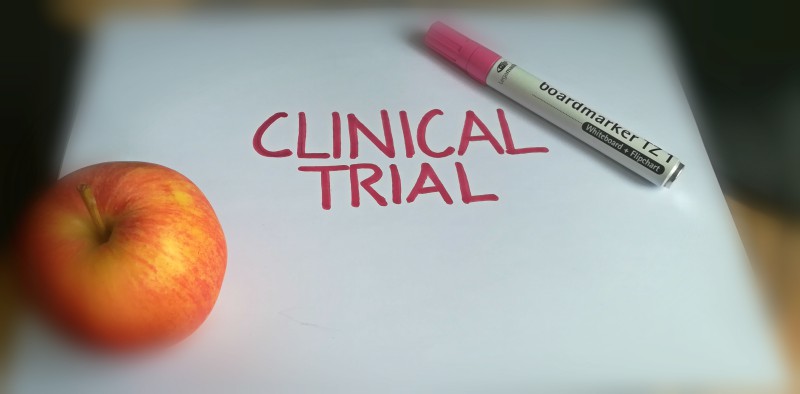Clinical Trial shows GAIA’s Elevida Reduces Fatigue in Multiple Sclerosis
Hamburg, Tuesday 27 March 2018 09.00 GMT
GAIA’s fully automated therapy software, Elevida, reduces Multiple Sclerosis (MS) related fatigue in patients, a randomized controlled trial (RCT) has confirmed. Results were published recently by the internationally acclaimed British Medical Journal (BMJ).
Elevida is an interactive, digital fatigue management program based on progressive, evidence-based psychotherapeutic approaches. RCTs are considered the gold standard of evidence in clinical research. These latest findings are thus a notable validation of GAIA’s continued thrust to deliver scientifically backed health solutions that improve quality of care.
The clinical study on Elevida was conducted by a foremost team of researchers led by Professor Stefan M. Gold, Charité University Medicine Berlin. 275 participants with MS and fatigue were randomized into two groups. Over a 12-week period, one group was treated with Elevida while the other group (control) received standard care. Compared to the control group, “significantly greater reductions” in fatigue scales was seen in the Elevida group, the study finds.
Fatigue is a prevalent symptom in several neurological conditions including MS. It is also a broadly unmet medical need. Gold and his colleagues note, “In patients with multiple sclerosis (MS), fatigue affects up to 70 percent of patients and more than three-quarters of these describe it as their most disabling problem.” This impairs work and social life. Yet, there remains a shortage of therapeutic interventions to help manage this indication.
“GAIA understands the vast unmet medical needs in the MS community and we are dedicated to developing strong innovative solutions based on rigorous scientific evidence,” says Dr Mario Weiss, CEO and founder of GAIA. “Only recently, deprexis MS, our product for the treatment of depression in people living with MS was adopted across the United Arab Emirate’s health system. We believe Elevida can also help mitigate the suffering of many and improve health outcomes.”
This is the biggest clinical study ever conducted on MS-related fatigue. Given disease severity, digital therapeutics need to follow the path of traditional pharmaceuticals to prove effectiveness and assure patients and physicians these are treatments they can trust. While certain pharmaceuticals slow down or prevent the progression of MS in patients, Elevida helps in the actual management of the main symptom of the disease. Both are crucial to optimal health care delivery and there might be certain opportunities for a synergy between such pharmaceuticals and Elevida.


